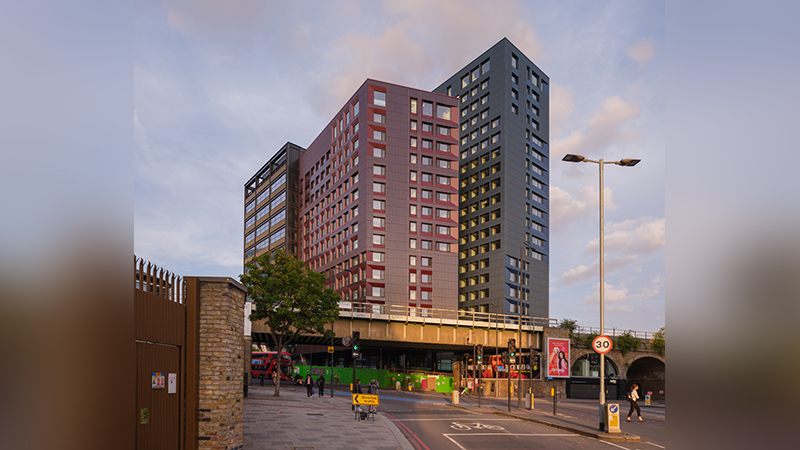Recent development
Concerns over the public acquisition of rights over undeveloped land, which a developer may have purchased as part of a land bank, were allayed recently by the High Court decision in R (on the application of Laing Homes Ltd) v Buckinghamshire County Council [2003] EWHC 1578 (Admin); [2003] 29 EG 119 (CS).
The council had decided to register three fields in the ownership of Laing Homes as a village green under the Commons Registration Act 1965 – villagers can apply under that Act to have land registered as such if they have had access to it for sports, pastimes and informal recreation over a 20-year period. Throughout that period, the land in question had been actively farmed and the public had used it for recreational purposes, despite attempts to prevent them from doing so. The court had to consider whether the public use was interrupting the agricultural use, which, in this case, it was not. The court commented that preventing a landowner who has been using his land for agricultural purposes from continuing to use it in that way is one thing, but preventing a landowner who has made no effective use of his land for the past 20 years from recommencing any use is quite another.
From a practical point of view, landowners should ensure that land is actively farmed or utilised for a particular purpose while it is being held pending future development. This should prevent the predicted flood of village green applications that followed the House of Lords decision in R v Oxfordshire County Council, ex parte Sunningwell Parish Council [1999] 2 EGLR 94.
Gill Castorina, associate in the national planning group at DLA
Related items:
Keep track of your rights 5 April 2003 (new developments and applications for access rights)The wrong prescription 1 March 2003 (commentary on Bakewell Management Ltd v Brandwood)Rights of Commons 18 August 2001 (post-Sunningwell decisions)










